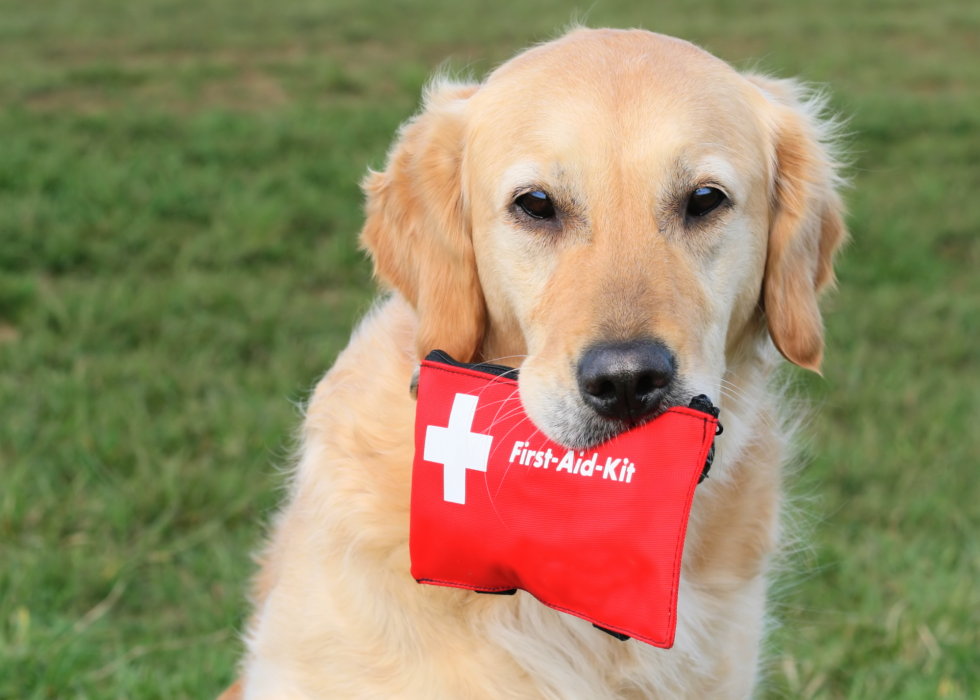Animal Control Services
Happy Valley’s Animal Control Services support people and animals in a variety of ways. Their purpose is to protect pets and wild animals, while simultaneously protecting people and property from challenges that can arise when animals are uncontrolled. Whether assisting an animal in distress, reuniting lost pets and their owners, or responding to animal nuisance concerns, Happy Valley’s Community Service Officers are responsible for the daily happenings related to animal services. Their role is to enforce City laws and ordinances and help ensure the City remains a safe place for people and animals alike.
To review the City’s Municipal Code (6.04) regarding Animal regulations in full, click here.
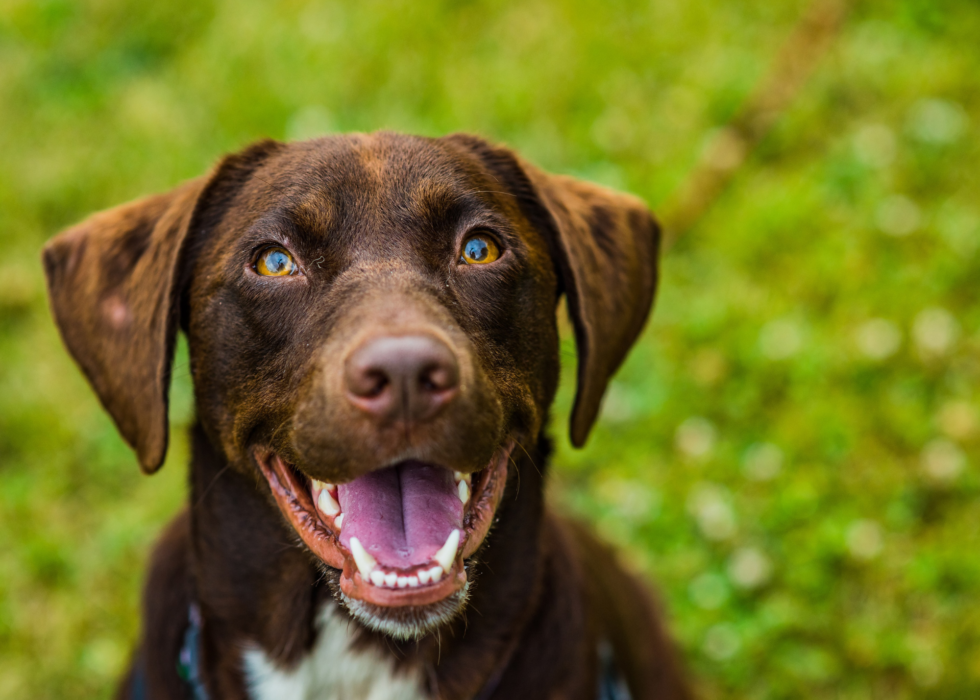
What you need to know
A dog license issued by the City of Happy Valley is REQUIRED by City law for all dogs six months or older that reside within the city limits. A dog license not only helps identify your pup should it get lost, but it also proves your dog’s rabies vaccination is up to date. At its core, a dog license serves as a great check and balance system to ensure that pet owners within the City of Happy Valley are doing their part to keep the community and their pets safe. Click here to learn more about licensing your pet and how to apply for a dog license.
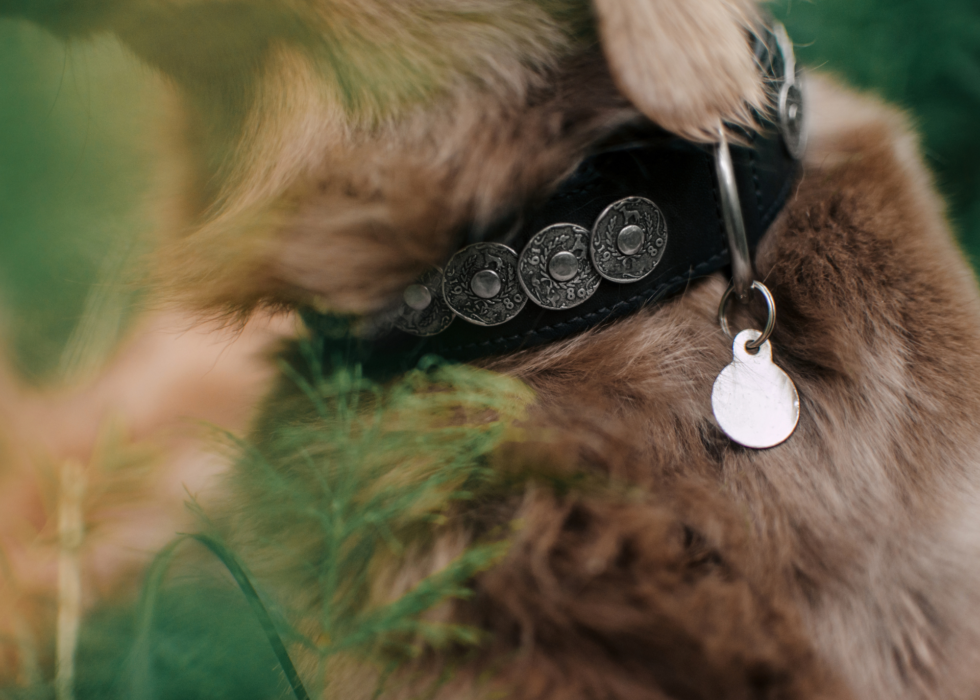
If a dog makes an unprovoked bite that causes bodily injury to another animal or person, it must be reported to the City of Happy Valley. Community Service Officers will take the report and follow up in accordance with Oregon State Law and Health Department. If a dog punctures the skin of a person, state law does require the dog be quarantined for 10 days. Community Service Officers may be required to seize a dog in specific instances and law enforcement may also become involved if a dog owner refuses to cooperate or there is reasonable concern for the dog’s health and/or care. In cases involving dog bites, it is imperative that your dog’s license is up to date. Again, this ensures its rabies vaccination is up to date and that your contact information is current. For complete information about dog bites in the City, you are encouraged to review 6.04.030, 6.04.031, and 6.04.034 of the Happy Valley Municipal Code.
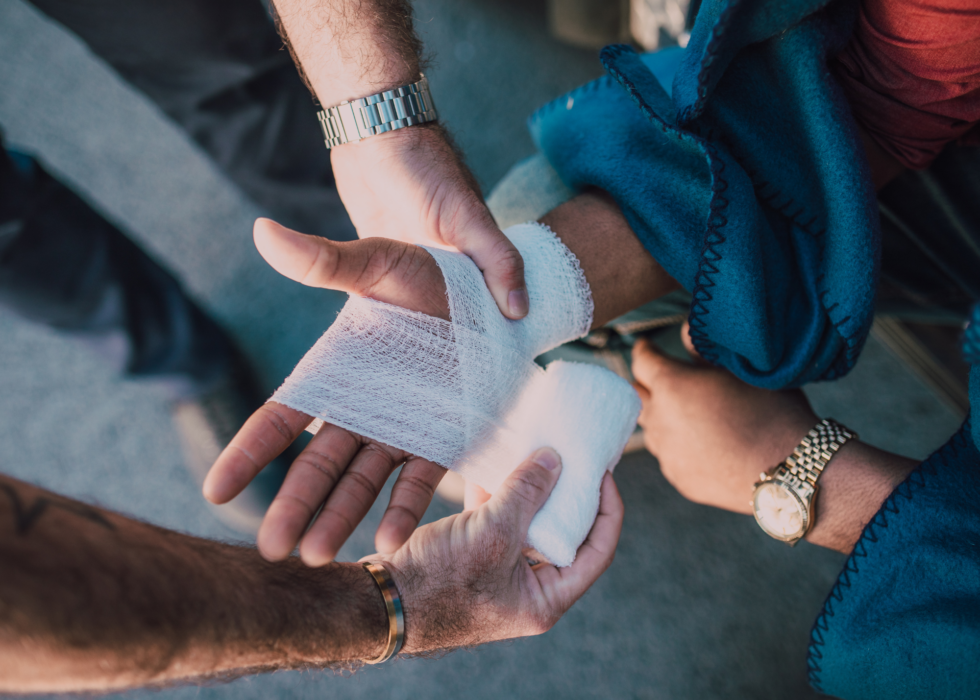
Split up into three sections in the south end of the Happy Valley Park, these areas provide ample space for a game of fetch as well as good old-fashioned exercise for dogs that need to burn some energy. Here are some points to remember:
- Dogs may run off-leash in these enclosed areas, but owners need to adhere to the signs indicating size of dog allowed. There is one for small dogs (up to 40 lbs.), one for big dogs, and one allowing for a combination.
- You are responsible for your dog’s behavior. When using the dog runs, pay attention to what’s going on and silence your phone or leave other distractions at home. Sometimes, dogs just don’t get along. If this looks to be the case, intervene early, and move to another space or exit altogether.
- Dogs MUST be on a leash and under the control of the owner in all other areas of the Park. With kids, cars, and a plethora of activities taking place throughout the year, safeguarding your pet’s whereabouts is key and, it’s the law.
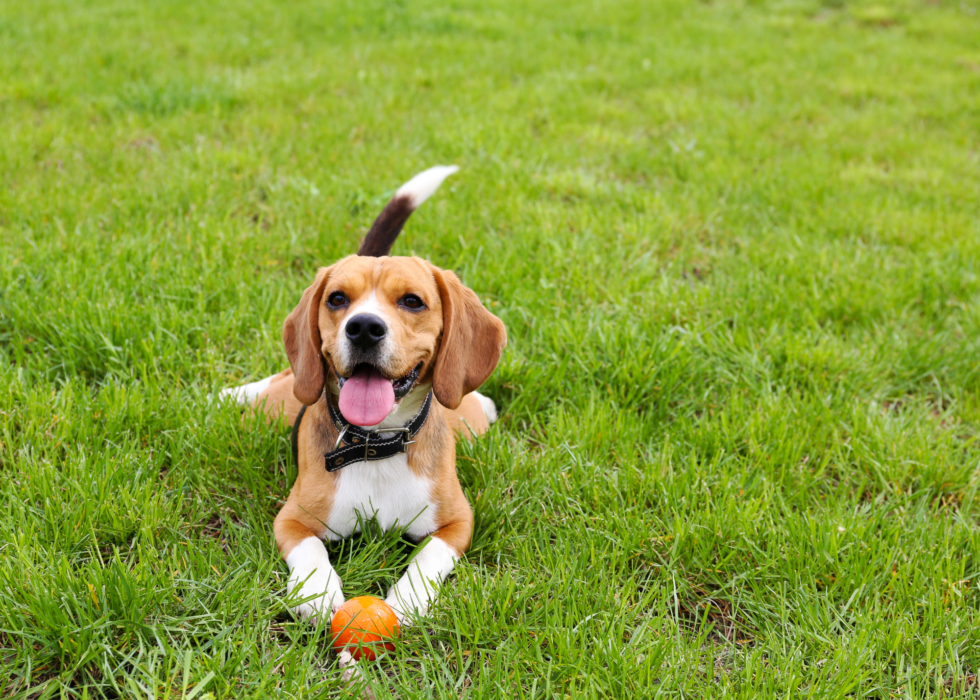
Whether lost or abandoned, when a dog is seen roaming City streets, Community Service Officers can be called to help. Officers will attempt to contain the dog and reduce its chance of running into traffic or getting further away from home should it have accidentally escaped. If identifying information can be obtained, Community Service Officers will then proceed to help reunify the dog with its owner. Resources at an officer’s disposal include technology to quickly scan for microchips and the ability to access the City’s dog licensing database to cross-check for a potential match.
To report dogs running at-large or to inquire about having a Community Service Officer scan for a microchip on a found dog, please contact us at (503) 783-3800.
Dogs that cannot be reunited with their owner are placed for shelter with our community partner, Clackamas Dog Services. The City’s partnership with Clackamas Dog Services allows officers the ability to access shelter for lost or abandoned dogs 24/7, ensuring safety, basic needs, and medical care are provided.
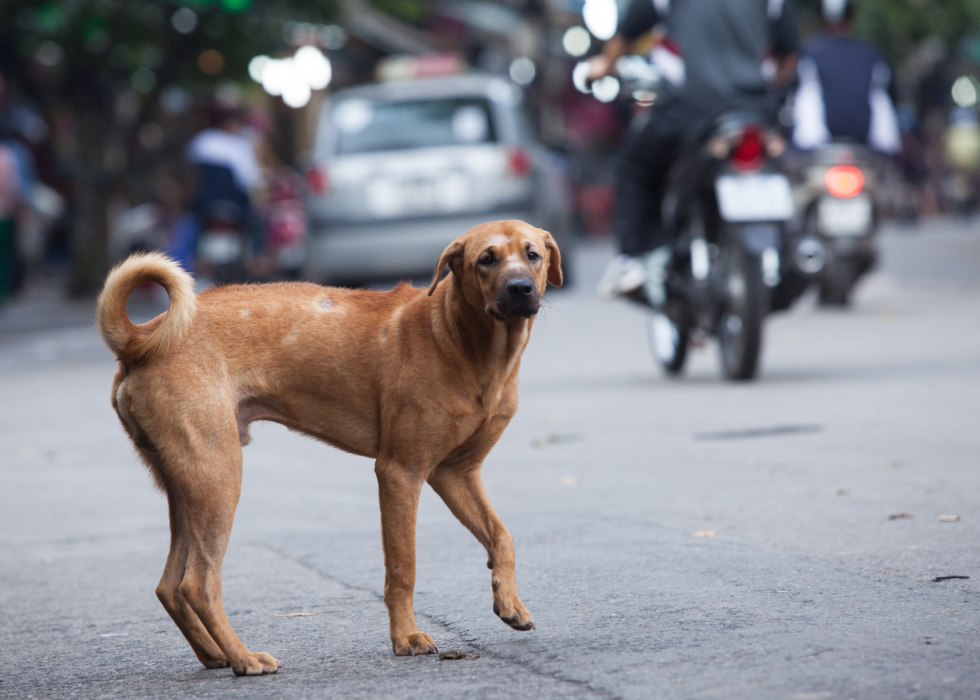
Noise-related animal nuisances:
If a dog is barking or howling incessantly or not within its normal nature, the noise is considered a nuisance. Community Service Officers highly encourage residents to initially address these types of noise concerns with their neighbors as a way to remedy any conflict directly. In many cases, the pet owner may simply not be aware there is a concern and will happily address the issue. Should a direct conversation not solve the matter, Community Service Officers may be able to assist. Please contact us at 503-783-3800 to initiate a formal complaint.
Pets trespassing on private property and/or depositing pet waste:
It is illegal for a pet owner to allow their animal to trespass on the private property of another. The same goes for allowing pet excrement to be left on someone’s private property. If someone’s pet is trespassing, causing property damage, and/or leaving solid pet waste on your private property, and you know who owns the animal, talk to them, and explain the problem. The owner may be willing and able to address it. If the owner does not address it, please contact us at 503-783-3800 to initiate a formal complaint.
Dogs at-large
Dogs can be unpredictable. That is why it is the dog owner’s responsibility to ensure their pup is always under control. Even the gentlest dogs can be spooked or go on the defensive if they perceive a threat. Not everyone feels comfortable around dogs, and it can be upsetting to be approached by one that is unfamiliar. For these reasons, it is the law in Happy Valley that dogs remain leashed in all City parks unless in one of the designated enclosed dog park areas located within Happy Valley Park. In all other public areas, dogs can be off leash, but MUST be under the close supervision and control of the owner at all times.
Pet waste
Cleaning up after your dog is important. While this activity is not glamorous, it is crucial to keeping parks and neighborhoods tidy. It is also the law in Happy Valley. No one likes to step in pet waste and spread it into homes, cars, and businesses. Get in the habit of carrying disposable bags and discard them promptly in a garbage receptacle.
For more detailed information about animal nuisances and animal regulations, please review the provisions outlined in Happy Valley Municipal Code 6.04.030.
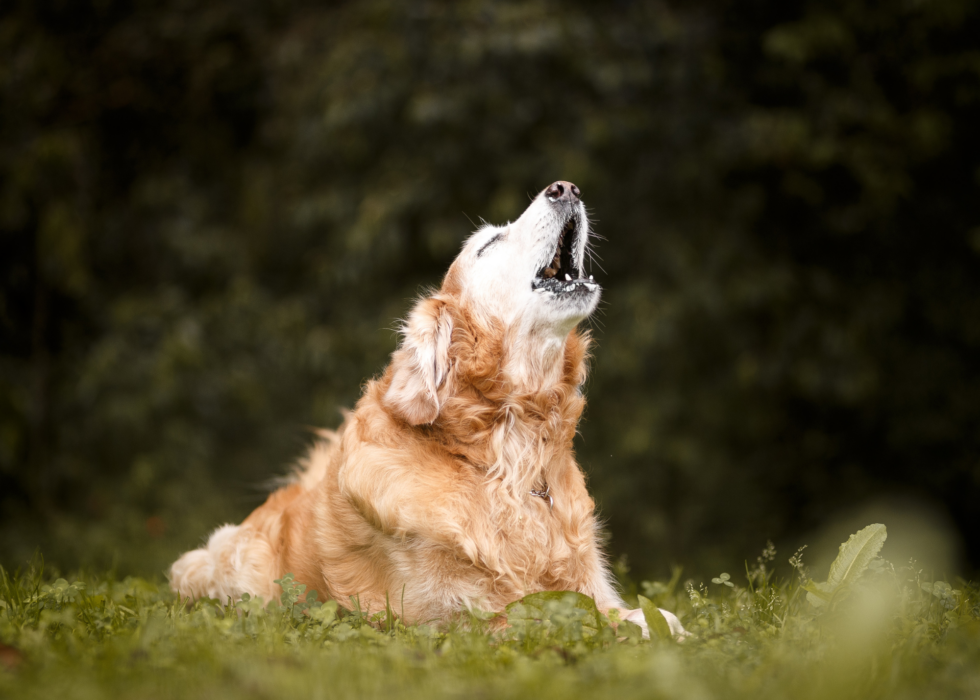
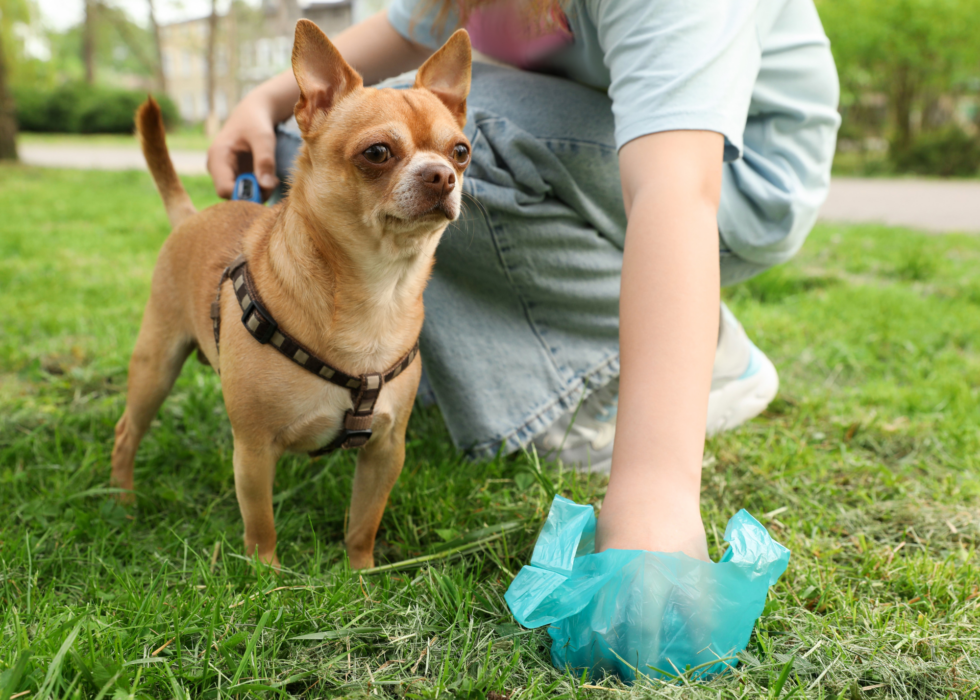
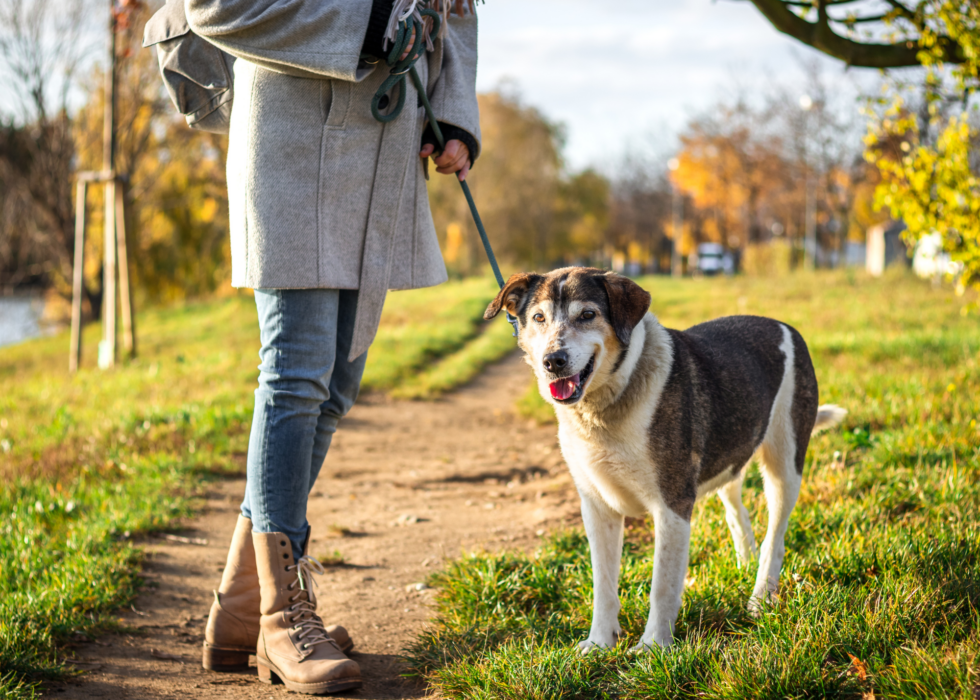
Community Service Officers are responsible for investigating concerns related to animal mistreatment and abandonment within city limits. Officers will respond to complaints and determine if a concern is valid. If a violation of the City’s Municipal Code or State regulations has been committed, Community Service Officers are tasked with enforcement to ensure the safety and health of the animal. If a concern is determined to be criminal in nature, officers will alert Happy Valley Police Department for additional review and follow up.

Keeping our City streets clean and clear of debris is important to the health and safety of everyone using them. If a deceased animal is found on a City managed street, please do not touch it. Notify a Community Service Officer by calling 503-783-3800 and ask to speak to someone on the team. Officers will work with the City’s Public Works team to facilitate removal.
Please understand that when an animal is found in a Clackamas County managed road, a Clackamas County worker will need to be contacted. The best way to do this is to complete a Report a Road Concern form online. To find out the jurisdiction of a street, you can review the Happy Valley Zoning Map. Streets highlighted in blue are managed by the City of Happy Valley. All others are managed by Clackamas County. Please note: Roads such as Sunnyside, 172nd Ave., and SE 129th Ave. for example, are all managed by Clackamas County.
Deceased animal removal, whether wild or domestic, is the responsibility of the property owner if found on private property. It is important to wear gloves and refrain from making direct contact with the carcass. Many wild animals, including birds, can carry diseases, so they must be handled with caution. Place the animal in a bag to create a barrier and dispose immediately in your garbage receptacle outside. If the animal is too large to remove on your own, you can contact a professional to assist you for a cost. An online search can help you locate a reputable company.

For concerns related to non-domestic animals, such as coyotes, deer, racoons, and wild birds, Animal Control Services in the City are limited. In case of nuisance critters like squirrels, rats, mice, and raccoons, you will need to call a professional pest control agency for assistance and pay a fee for any treatment or removal of these unwanted guests. For concerns related to wild birds, such as hawks, eagles, or other local species, it is always best to contact an agency that specializes in their care. The Portland Audobon Society is a great resource to consult. When in doubt, residents are always welcome to contact a Community Service Officer to consult about what action might be best to take at (503) 783-3800.
Should you sight a coyote that appears ill or is loitering too close to a residence, or a mountain lion anywhere in the City, you are encouraged to contact the Oregon Department of Fish and Wildlife at 971-673-6000.
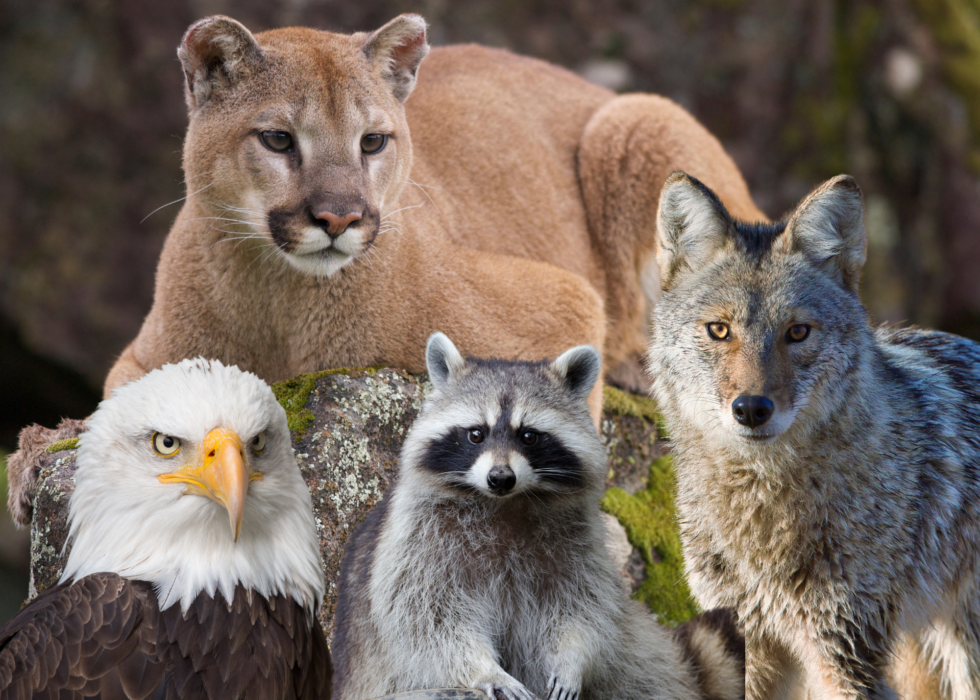
What to do about coyotes
If you live in Happy Valley, you have probably seen a coyote or two. For some people, this can be alarming, but when should you be concerned? The following offers some helpful information about the nature of coyotes and what to expect, as well as what you can do to keep your family safe.
About coyotes
Coyotes are skittish of humans and will do what they can to avoid human activity, opting instead for quiet areas with little foot traffic as they search for food. If food becomes scarce, however, they will expand their domain, but even then, urban coyotes generally live peacefully amongst humans.
They only use dens during pup season in the spring, otherwise, they sleep in the open or under shrubs and trees. Small mammals are their main source of food. Rabbits, squirrels, voles, and mice are their mainstay, but coyotes will also eat wild birds, chickens and livestock, insects, fruit, human garbage, and pet food, if they are easy to access. Small pets can also become easy prey for coyotes if left unattended, hence cautionary reminders on social media emphasizing the need to keep your four-legged friends inside, or at the very least, under diligent watch. Coyotes generally hunt alone or in pairs and will only hunt in packs if trying to capture a larger animal. Once a coyote has captured something, it will howl to call out to its pack. This signals the pack to reply with howls of their own, prompting the coyote to return to the group to bestow the latest offering.
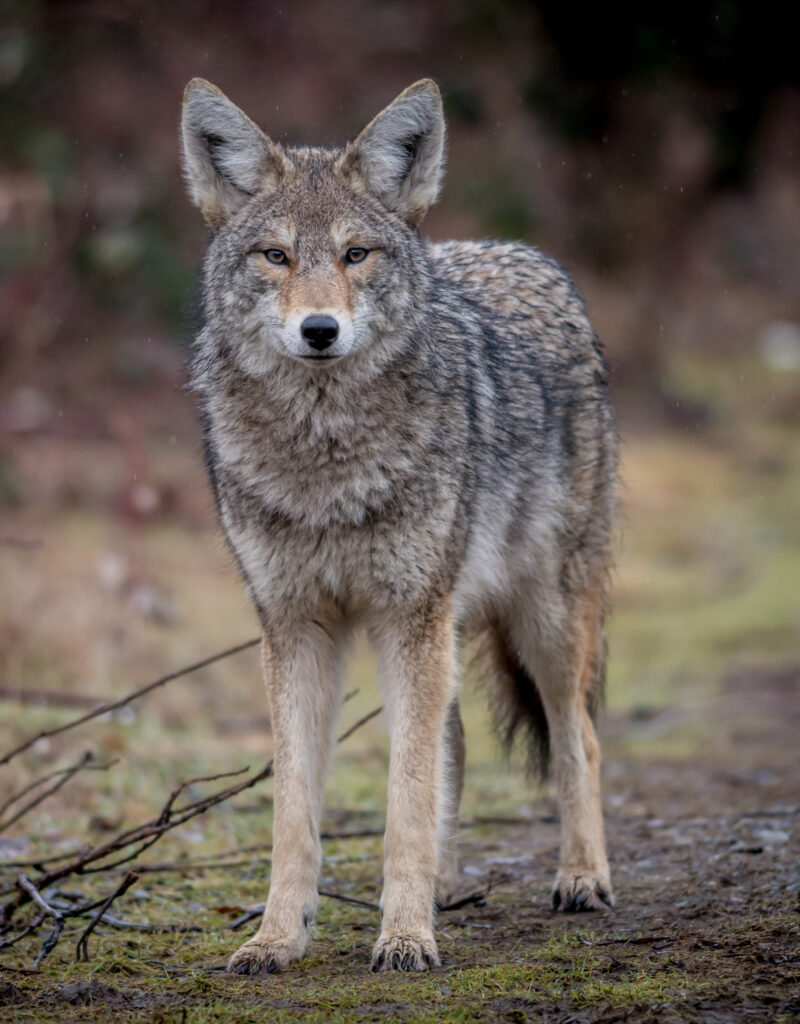
Urban coyotes are also primarily nocturnal, but sightings during the day aren’t always out of the question. In rural areas, they are actually much more active throughout the day, but in places where humans dominate, such as here in Happy Valley, they are a little more aloof, opting to circulate at night when there is less activity. But, if an opportunity presents itself to procure an easy meal, an outing during the day is never out of the question. This is especially true in the springtime and early summer when pups are born, and packs have a new set of mouths to feed. If residents happen to encounter a coyote outdoors, it is advisable to simply maintain a safe distance and avoid any unnecessary interactions.
Living together
Striking a balance between wild coyotes and humans when it comes to coexisting is often a topic of conversation on social media threads and amongst neighbors concerned about the safety of their families. Happy Valley boasts beautiful, wooded areas, wetlands, and a tree canopy that protects a variety of flora and fauna. Coyotes are a natural species to this area and as such, play an important role in the ecological system here. With more housing developments and residents who are quite active in the City, their natural habitat isn’t exactly what it used to be. As their open spaces become more limited, expanding their domain as they search for food is understandable. With this said, it’s never pleasant to see one milling about your neighborhood or property. While most urban coyotes still shy away from humans, some have become bolder in their quest to obtain food. These coyotes have learned there aren’t repercussions for going through a resident’s garbage or sniffing around a yard, so if fear of humans isn’t particularly a factor for them, they may be more likely to see what they can get away with.
What can you do to protect yourself and your family?
Be proactive and make every effort you can to keep your property as coyote un-friendly as can be. The presence of a free buffet in the form of pet food left out, BBQ grills left open, or uncontained garbage can entice a hungry coyote. This creates the impression that backyards are generous feeding areas, and the bolder coyotes will think if one property caters to coyotes, perhaps others will, too. Be cautious about squirrel and bird feeders as well. Coyotes catch on quickly and if your backyard is a beacon for other bite size critters, they will soon realize the odds are in their favor to score a tasty snack if they hang around.
Again, be mindful of your pets and don’t let them roam freely. Cats and small dogs are super easy for coyotes to catch, so fence your yard if you can, don’t leave pet food out, and never leave pets unattended. The same obviously goes for small children.
Property owners can even go so far as head online and search for gadgets, pheromone sprays, and other types of coyote repellant to keep coyotes at bay. Consider installing motion sensor lighting to help deter potential coyote loitering and keep shrubs and other plants trimmed, so as not to encourage hiding spots.
What should you do if you see a coyote?
Coyotes don’t usually attack people. The most important thing to do when you see a coyote in your neighborhood is to simply reinforce its natural fear of humans. If you take walks, carry some sort of noise maker with you as loud sounds are a natural deterrent. You can also wave your arms and yell, and even throw something at the coyote, as this helps establish dominance.
Coyotes that don’t run away when encountering humans have likely become accustomed to people. This typically occurs when the coyote has been fed in the form of handouts, food left outside, or unsecured garbage. If you have noticed an increase in coyote sightings in your neighborhood, it may be helpful to check with neighbors to ensure no one has inadvertently left a food source out. You can also utilize a variety of hazing interventions to help curb coyote presence. This might include quick access to a loud whistle or air horn, shaking a can filled with rocks or coins, or keeping a coyote deterrent spray on hand. Once coyotes realize you are in charge and the area is not very welcoming, they will quickly move along.
Why not just get rid of a coyote permanently?
Eliminating a coyote from its habitat, whether through relocation or euthanasia, could have unintended effects. Trapping or killing a coyote when it’s just passing through the area automatically reduces the population and can actually trigger packs to start reproducing more often to compensate. There is also potential for creating a hierarchy imbalance within the pack itself, which can cause confusion, anxiety, and increased aggression amongst the group. It is also important to note that trapping coyotes is against the law in the state of Oregon.
What if a coyote shows signs of aggression?
If you have taken the proper measures to protect your property, children, and pets, or you notice aggressive coyote behaviors such as growling, stalking, or the chasing of pets or people, residents are encouraged to report the situation to the Oregon Department of Fish and Wildlife at 971-673-6000. Someone will assess the area and, if appropriate, act to correctly capture and euthanize the coyote.
The City has specific rules and requirements when it comes to the ownership of such animals as chickens, roosters, cows, sheep, and goats. Animal runs, pens, cages, and the like must also meet specific sizing and adhere to minimum spacing distances. Livestock must additionally be always contained safely and securely. Owners of livestock or those interested in owning livestock are encouraged to review 6.04.050 and 06.04.60 of the Happy Valley Municipal Code.
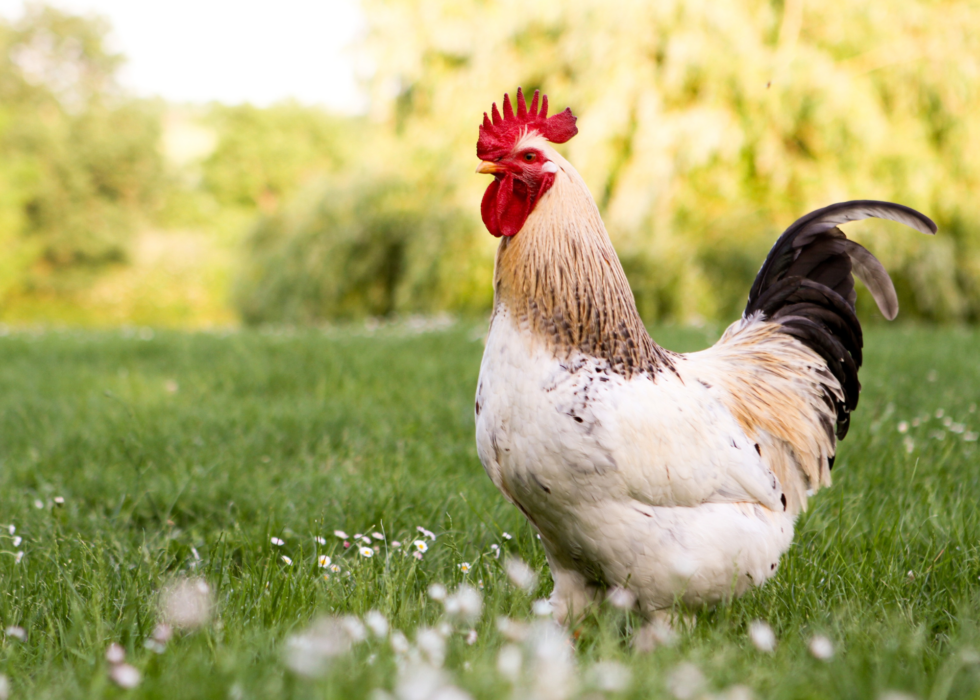
Community Service Officers are trained to perform general first aid and CPR and that includes the specialized life-saving techniques performed on dogs. Officers are proud to possess this knowledge and will utilize it in the event they come across a dog that has been injured or in distress. As part of the City’s Parks and Recreation program listings, a pet first aid and CPR class may also be offered to City of Happy Valley residents. Should you want to learn these basic life saving techniques for the sake of your own pup, be sure to check out the Happy Valley Parks and Recreation class listings.
